Valuation Ambiguity!
Belief, not science
God help us. Seriously. This is insane:
The Bull Market for Economists Is Over.
“Earning a Ph.D. in economics has long been a reliable path to affluence and prestige. Not anymore.”
“One man with courage makes a majority.”1
"The only thing an old man can tell a young man is that it goes fast, real fast, and if you’re not careful it’s too late. Of course, the young man will never understand this truth."
Number Go Up
Core PCE has now been above 2.5% (not just 2%, but 2.5%!) for over four years!
Just heard a British central bank lifer essentially say that they need to steal 3% or 4% from us, every year, in a stealthy, regressive manner, in case the stock market ever crashes, or something, to give them "room to cut." It's just a bullsh*t axiom these horrid people spout.
We are colonized by wankers.
Taco Bell, September 2020 vs today.
Soft Taco: 2020 $1.29, Today $1.99, BLS Calculator: $1.60
Soft Taco Supreme: 2020, $1.79 Today, $2.99 BLS Calculator: $2.22
BLS calculator understates here by 25%-35%.
“If they [the Fed] cut inappropriately when the economy doesn't need it, because they just think neutral is lower, or whatever, the dollar would be the big reaction function, and that would raise inflation really aggressively on a going forward basis.”
Every day on CNBS:
Gee, a Senior Portfolio Manager at UBS thinks the inflation numbers are "tepid" and the Fed should cut rates. Shocking.
Since 1954, the average Fed Funds rate has been 4.60%.
The median Fed Funds rate is 4.33%, exactly where we are today.
Via Dave Collum via TheChartmeister: S&P 500 adjusted for M2. Some people really hate this chart.
Rupert “Blind Squirrel" Mitchell
“I love Chinese equities right now.”
“Indian equities make the NASDAQ look cheap.”
On Gold: “I'm definitely in the camp that long-term I probably don't own enough of it.”
Chris Bloomstran
Stunning. The 7 largest U.S. stocks reached a combined $20 trillion in market value, an unprecedented 37% of the S&P 500. That’s 55% larger than the index at its 2000 and 2007 peaks. It matches where the index first traded in April 2017 and larger than the March 2020 Covid low. The market caps are using today’s post-market, post-earnings gains in MSFT and META and the seven largest include AVGO and not TSLA.
The market duly rewards success so to date hasn’t gotten it wrong. Earnings for these 7 companies at nearly $600 billion now account for 30% of the S&P’s combined $2 trillion in net income, up from less than 8% less than 15 years ago. Trading for 33.7x current earnings, the 7 have pushed the index P/E dangerously to over 27x (on margins near record highs). Capital expenditures at Microsoft, Apple, Amazon, Google, Meta and Broadcom are consuming a now huge proportion of cash earned in operations, feeding Nvidia and their own internal capex.
I have no idea where the inflection point is to where a surplus of capacity will destroy the ability to earn adequate income on capital deployed. Could be years from now. Could be today. Or it could be yesterday. This cycle reminds me of the late 1990s internet and fiber boom.
At secular peaks Mr. Market rewards past and recent success with rich and at times obscenely high valuations. He tends to forget he’s supposed to be pricing the discounted value of all FUTURE cash flows, not what happened through today. In my 35 years managing money, I’ve never seen a market more expensive than at the moment. The market is beyond its 2000 secular peak fundamentally now by a considerable margin. The concentration of wealth in a group of 7 companies within a market as fully valued will be one for the record books.
Alternatives? At the same moment we have Bitcoin treasury companies raising capital at 2x NAVs; a resurgence of SPACs, meme coins and meme stocks; and are on the cusp of private equity, venture capital and real estate poised to dump illiquid, unsalable, overvalued holdings on retail 401(k) investors. The behavior is shameful, immoral, and legal. There are plenty of cheap and attractive corners of the capital markets, but that’s not the waters most investors are fishing. What do they say, buyers beware?
Somebody has to have been wiped out by this, no?
The unintended outcomes of inflated valuations
“If Microsoft is trading at 100 times earnings, we treat that as a signal about how wealth can be created in our society. And so the answer to it is, hey, let's give all of our wealth to cash-rich companies that don't need it, right? Well, then guess what? You're going to get adverse outcomes with lower investment and everything else. And so, again, what are the implications to this? Well, the implications are very straightforward. Markets go up. What are the secondary implications to it? Investments that should be made are not being made. That's a that's a broader policy issue, right?
I think Micro Strategy is a fantastic case of point here, which is now an enormously large company that has absorbed enormous amounts of capital, that I would argue is really not doing anything productive in terms of capital allocation, as we would describe it in terms of capitalism, the way it's designed in the textbooks. And that is foundationally kind of the point of Inigo Fraser-Jenkins about it being worse than Marxism, right?
In this case, every dollar going into Micro Strategy is a dollar that is not going to some guy who's building a better widget to do a thing that's actually going to add value to the economy long term.”
Richard Werner
“When the 2008 crisis happened, the central banks were using the so-called DSGE models. This is a huge complicated sounding name, dynamic stochastic general equilibrium models, which sounds very sophisticated. There's some like super bright rocket scientists in there with complex models. Well, the whole thing is nonsense from start to finish. And it doesn't include any banks whatsoever.”
Werner: “This presupposed knowledge that if we lower rates, this will stimulate the economy, if we raise rates, this will slow the economy - it's been said in the last 50 years I don't know how many thousand times by all these people. Can I ask you what's your guess? How many empirical fact-based studies exist that actually demonstrate that yes, we lower rates, it leads to higher growth. We raise rates, it slows growth?”
Carlson: “I would assume none, because I've never met anyone who doubts it. It’s like gravity.”“The methodology of the dominant mainstream economics, which is the hypothetical axiomatic deductive methodology, where you pose an axiom that you know to be true, so you don't have to check whether it is true…and then you add assumptions, which you admit are simplifications, heroic assumptions…yes, we know they're not true, but it doesn't matter, and then you build your model on it. That's the approach they use. Now this approach is particularly useful if you have a predetermined conclusion you'd like to come to, because then you can actually start out with your preferred conclusion work backwards.”
John Maynard Keynes “had been appointed director of the Bank of England, and you have to realize the Bank of England was 100% privately owned, and to be a director, you had to be a significant shareholder. And that is billionaire-level nowadays. So, he was doing pretty well moving away from the truth step by step.”
“The Federal Reserve Bank of New York is 100% privately owned, and that is really the center where all the decisions are made. You have the Washington board of the Fed, but that's a political shop. The actual central bank operations are all in New York, 100% privately owned.”
“The central banks - when push comes to shove - they pursue the agenda of concentrating the banking system and reducing the number of banks, which increases the power of the central banks.”
“President Nixon detached the dollar from gold, which is a very euphemistic way
of putting it. i.e., Before America defaulted on its international obligations, August 1971”
“That the economists can't measure any of their quantities even to their own satisfaction, can explain neither prices nor the rate of interest and cannot even agree what money is, reminds us that we deal here with belief not science.”
James Buchan, Frozen Desire: The Meaning of Money
Nice discussion between Tucker Carlson and Ana Kasparian of the generally left-wing Young Turks:
“I would like to know, and I think this is very important: whether we live in a sovereign country where our politicians are actually representing us, or if we're living in a situation where a foreign country might have blackmail on our politicians or people in positions of power, and as a result that blackmail is being used to force these politicians to pursue policies that are not beneficial to the American people, but beneficial to a foreign country…”
Ana Kasparian on Gavin Newsom:
"He's a sociopath. I think I think he's a snake oil salesman. I think he's a liar, and I think that he destroyed the state of California. Full stop."
I could not agree more.
“I’m going to be a rich man when this war is over, Scarlett, because I was farsighted — pardon me, mercenary. I told you once before that there were two times for making big money, one in the upbuilding of a country and the other in its destruction. Slow money on the upbuilding, fast money in the crack-up. Remember my words. Perhaps they may be of use to you some day.”
Rhett Butler, Gone With The Wind
Sorry kids!
Via Grant’s:
The share of median family income needed for monthly principal and interest payments on the median-priced, existing single-family home stood at 25.7% in May per the National Association of Realtors, up from 16.4% six years prior. Accordingly, existing home sales ebbed to a 3.93 million seasonally-adjusted annual rate in June, the NAR finds, far below the 5.22 million average seen since 1998 and approaching the 27-plus-year low logged in 2010.
Via Trepp:
Over the past 12 months, 16 CMBS loans with a balance of $1.75 billion against enclosed shopping malls have been modified, with most receiving term extensions, according to data culled from the Trepp CRE platform.
Those extensions have ranged from 12 months to 84 months – a full seven years. The longest extensions were granted as part of efforts to sell the underlying shopping malls.
“Over $23B in CMBS loans are lingering past maturity without resolution, signaling a broader market bottleneck fueled by valuation ambiguity, macroeconomic uncertainty, and execution paralysis.”
“Only the small secrets need to be protected. The large ones are kept secret by public incredulity.”
attributed to Marshall McLuhan
“Trump is seeking a genuinely big economic transformation. He has mostly abandoned the manufacturing-focused strategy of his first term. This time, he’s ginning up the “animal spirits” of Wall Street, crypto, and oil, while putting his chips on data centers for generative artificial intelligence, mostly as an excuse to reengineer big business. "AI doesn't go on strike,” said one consultant. “It doesn't ask for a pay raise."
The goal, it seems, is to reduce the power and wealth of working people.”
The antitrust war inside MAGA - Powerful lobbyists are battling populist reformers: “The episode opens a dismaying window into a second Trump administration in which the wealthy and well-connected are free to run roughshod over populist reformers.”
A fascinating now-scrubbed Medium article posted on the day Epstein was suicided: "Jeffrey Epstein won the Oklahoma Powerball lottery, July 2, 2008"
This is interesting:
“There was also a computer malfunction that pre-empted the televised broadcast of the Sunday draw, and instead the drawing was held later and monitored by an auditing firm.”
Bloomberg had attempted to debunk the Epstein connection a few weeks earlier...
A third article, commenting on the Bloomberg "fact-check":
Now it gets more interesting:
But, again, as always, probably just coincidence:
The guy interviewing Ghislaine Maxwell, Todd Blanche, is Trump’s personal lawyer.
Beyond Conventional Physics: Extended Electrodynamics, Lattice Confinement Fusion, Zero-Point Energy & Advanced Propulsion
I cannot find a video of this (or transcript) but if you’re interested in cutting-edge science and high strangeness, it’s quite a listen. There are fascinating comments on remote viewing, on “alien” metamaterials, and a variety of other futuristic topics.
“One man with courage makes a majority. When he nominated Robert Bork to the Supreme Court in 1987, Ronald Reagan noted, “Andrew Jackson once said that one man with courage makes a majority. Obviously, Bob Bork has that courage.” In his foreword to a young peoples edition of Profiles in Courage, Robert Kennedy had so quoted Jackson, but without a citation. After World War II, Robert’s brother John scribbled this Jackson quotation in his notebook, without a source. By tradition, in some form this is something the seventh U.S. president said. Each volume of a three-volume 1860 biography of Jackson includes as an epigraph “Desperate courage makes one a majority,” implying that this was its subject’s credo. Two decades later an 1881 publication called this a “Jacksonian motto.” According to some sources that declaration can be found in Jackson’s 1832 message to Congress vetoing renewal of a national bank charter. It can’t. The genesis of this motto can be found in an inscription on the Reformation Monument in Geneva, which credits John Knox with saying, “A man with God is always in the majority.” (“Un homme avec Dieu est toujours dans la majorite.’ Over time many others picked up that beat (“One, on God’s side, is a majority,” Wendell Phillips; “Any man more right than his neighbors constitutes a majority of one,” Henry David Thoreau; “One man with the law is a majority,” Calvin Coolidge). Although Andrew Jackson is no less likely than anyone else to have adopted and adapted the Knox maxim, we have no conclusive proof that he did. Verdict: Modular old saw, possibly adapted by Andrew Jackson.”




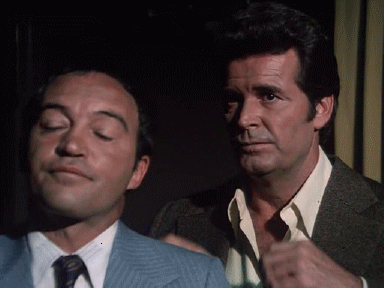
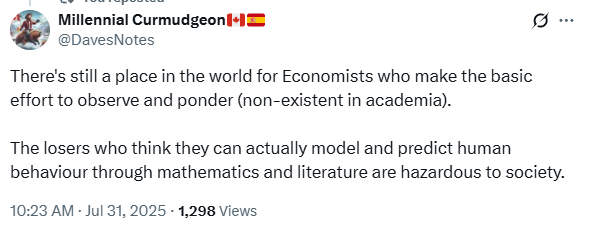


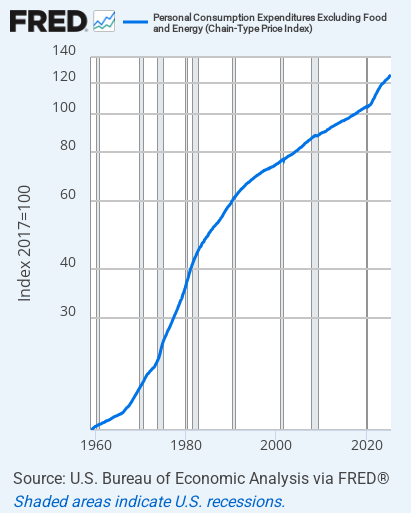
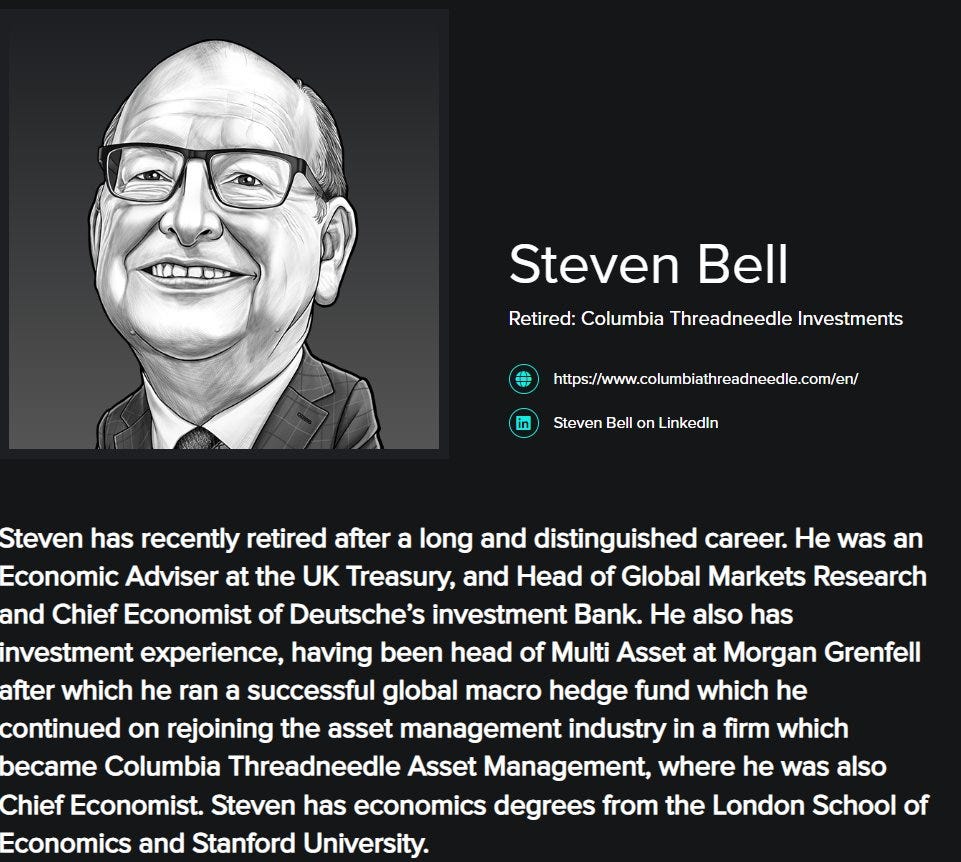
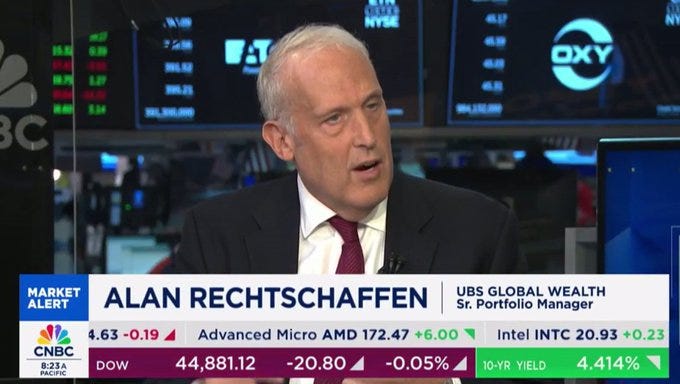
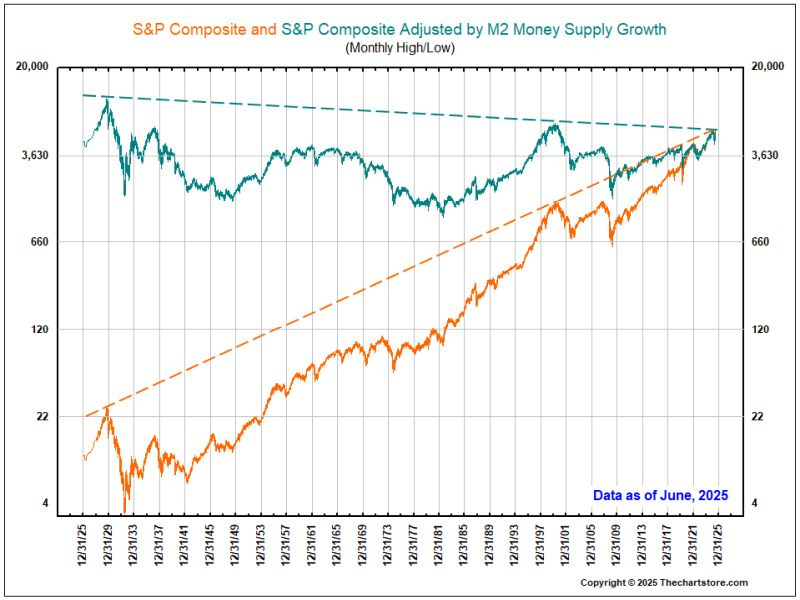
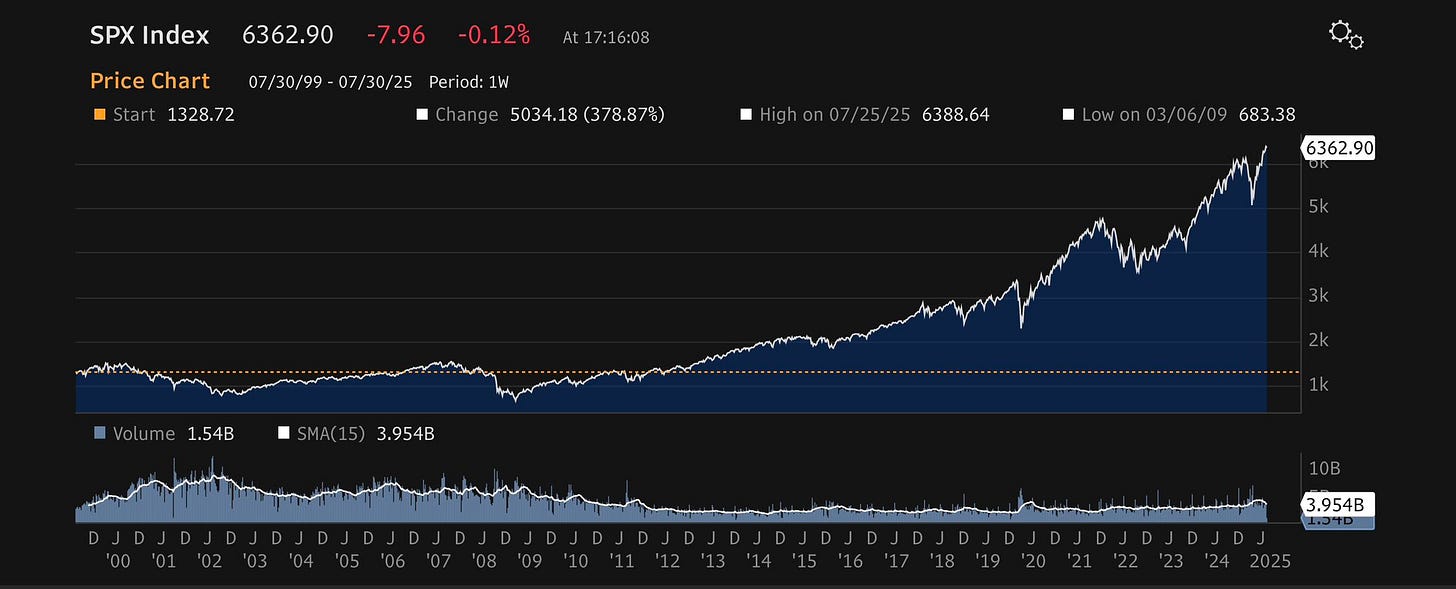



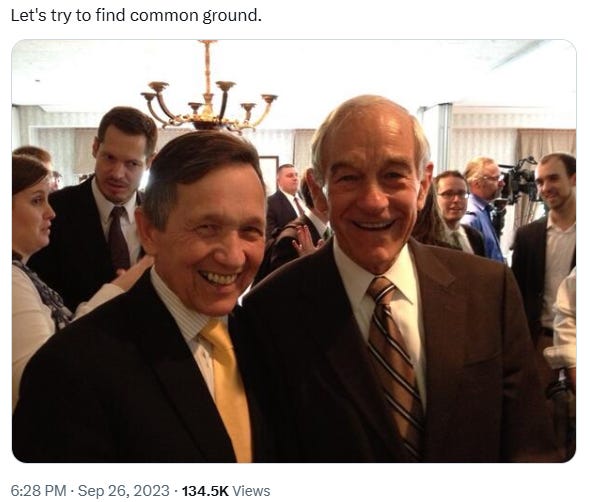

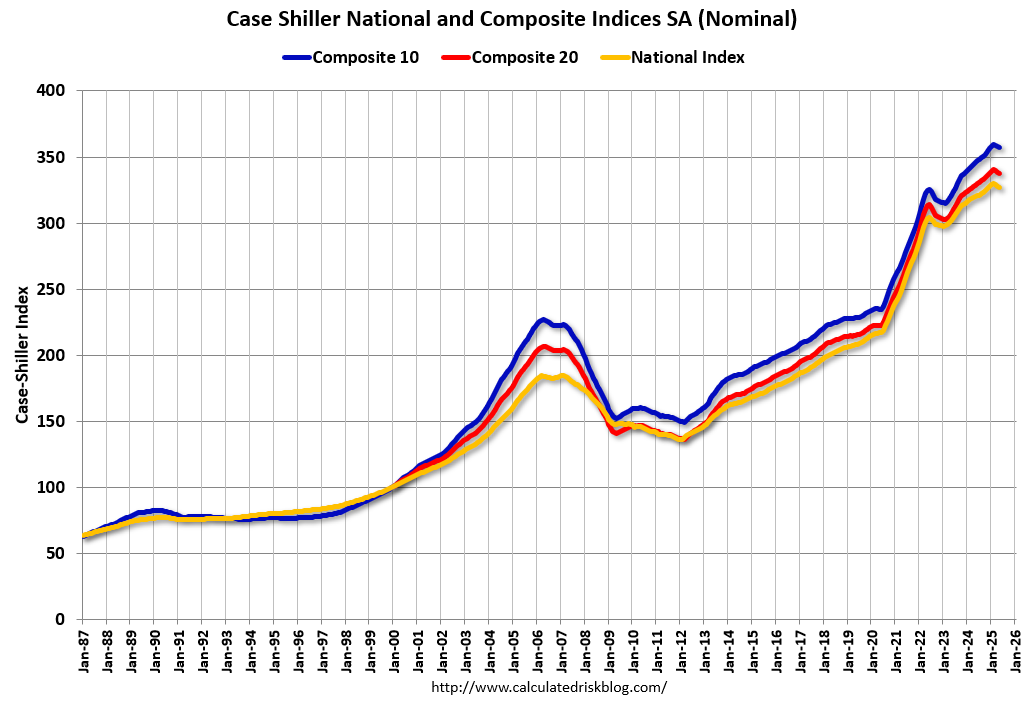
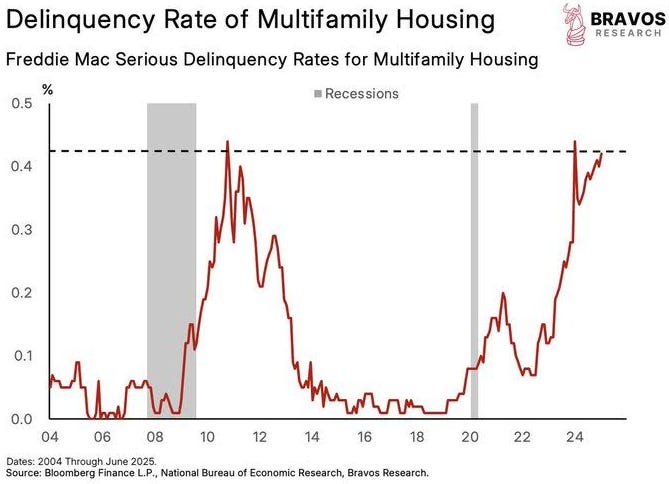

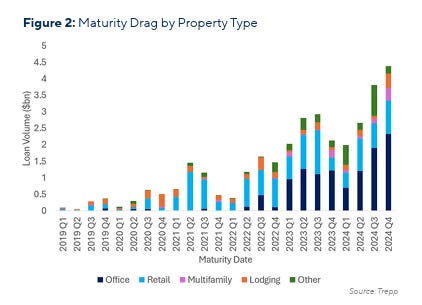

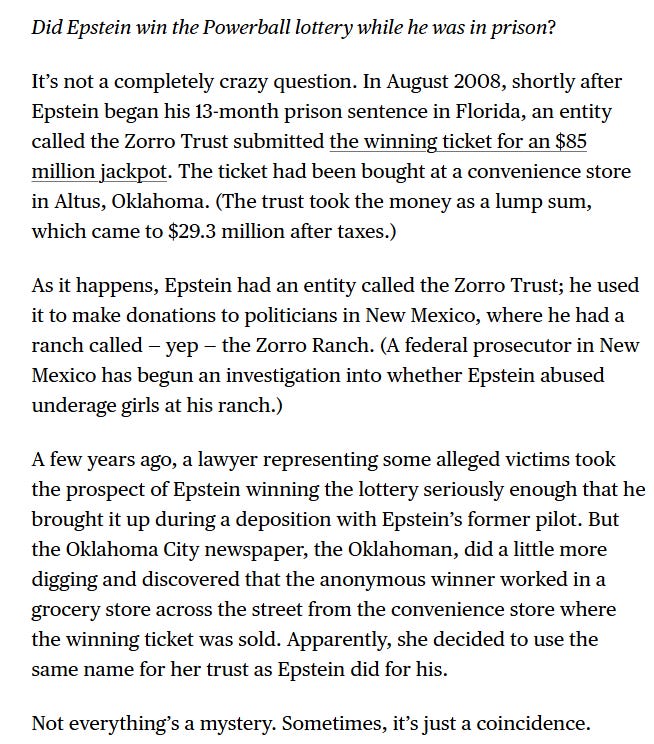
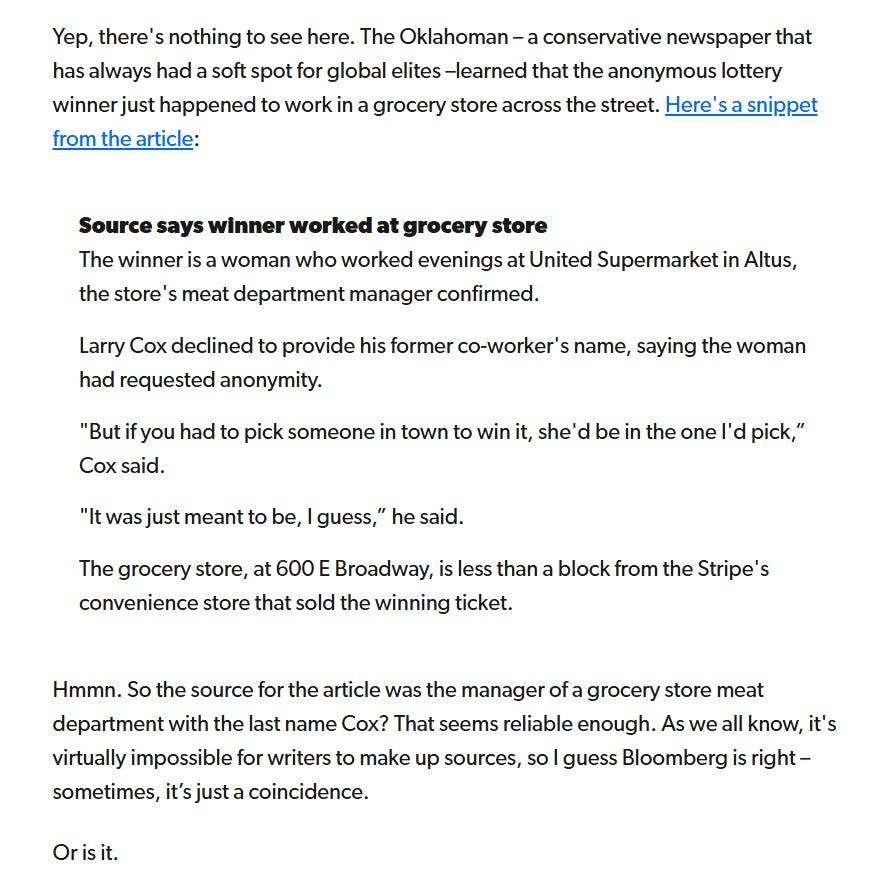
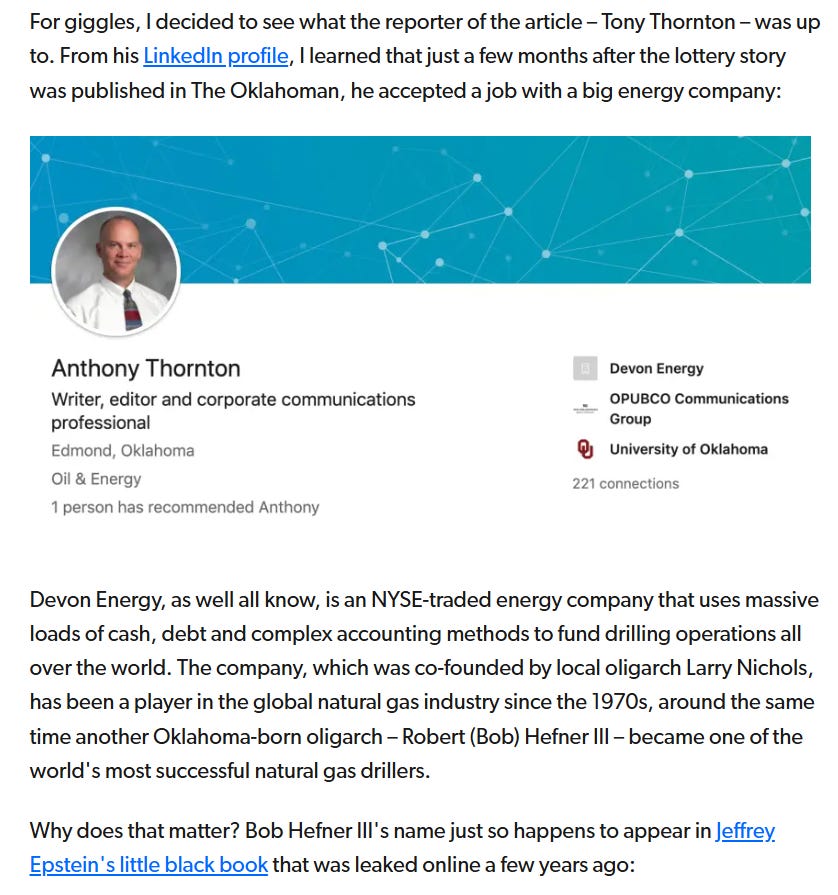
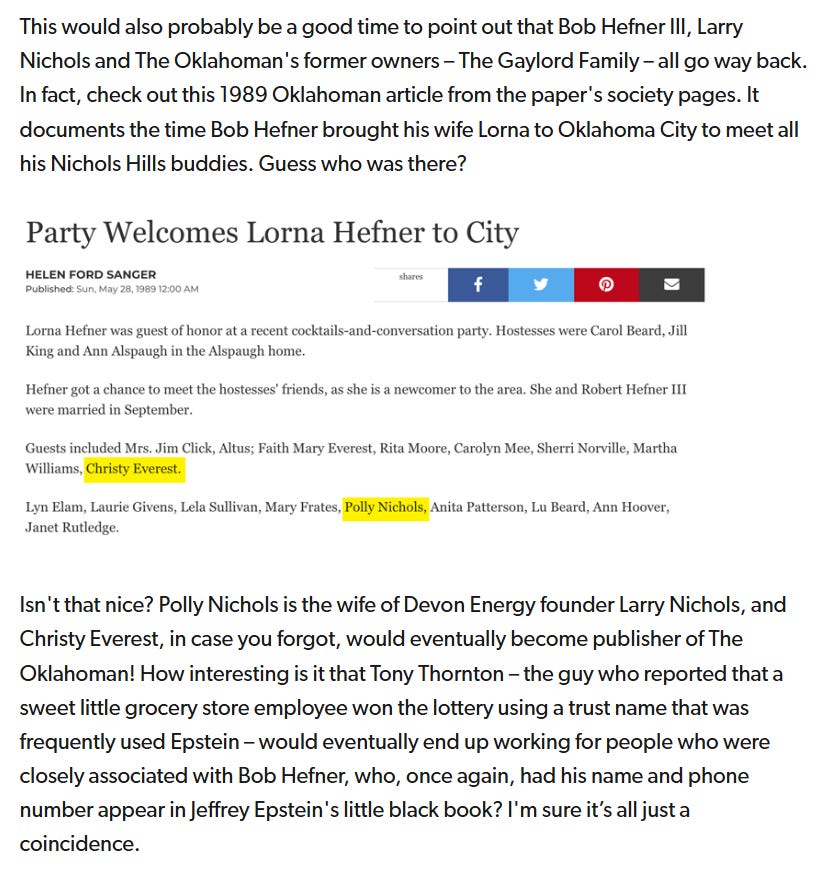

Thanks for that Gone with the Wind quote. I had heard that book/film referenced with regard to current affairs and didn’t understand the connection (was decades since I watched the film).
To my best knowledge of the American English language: BLS Calculator means Bullsxxt Calculator?!?. Does it? Asking for a friend